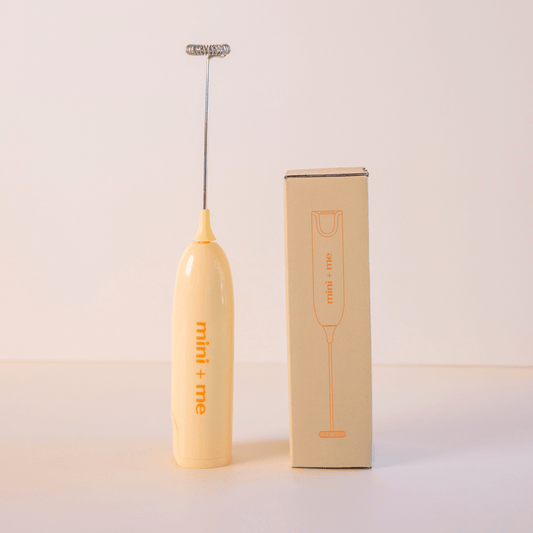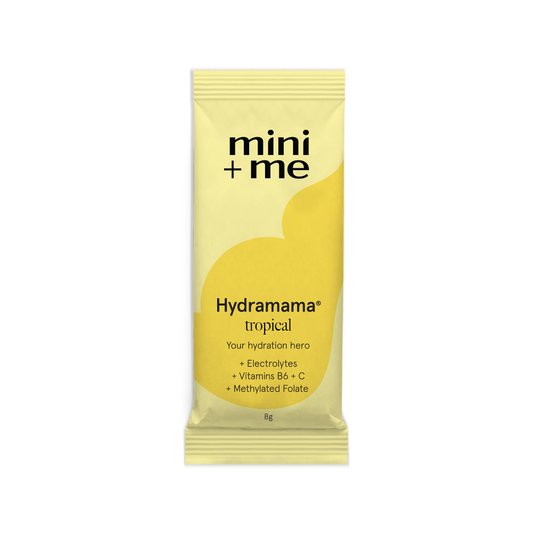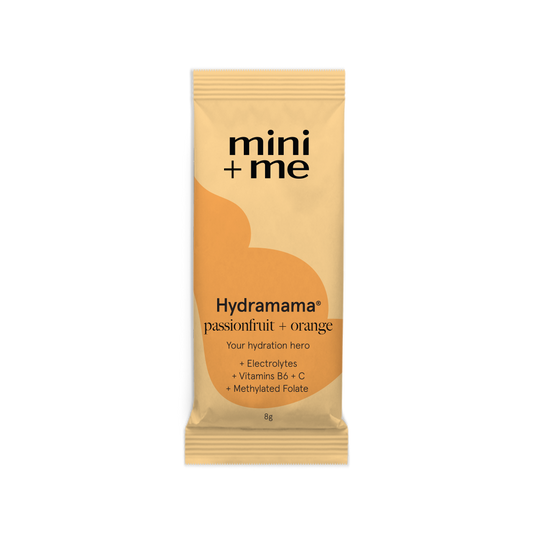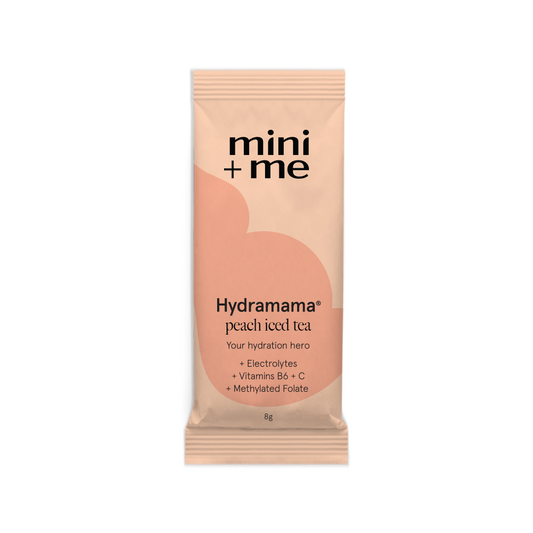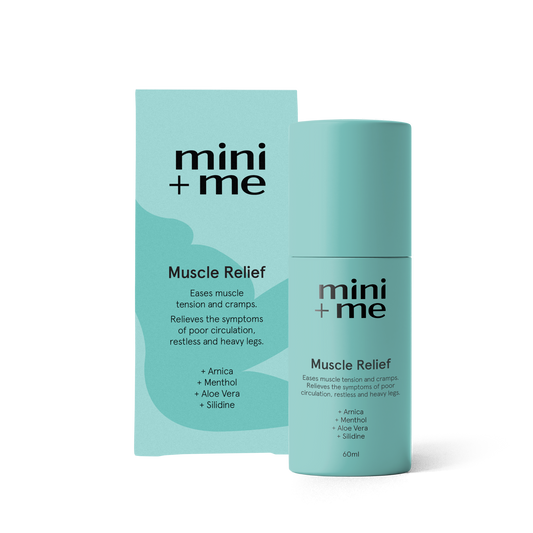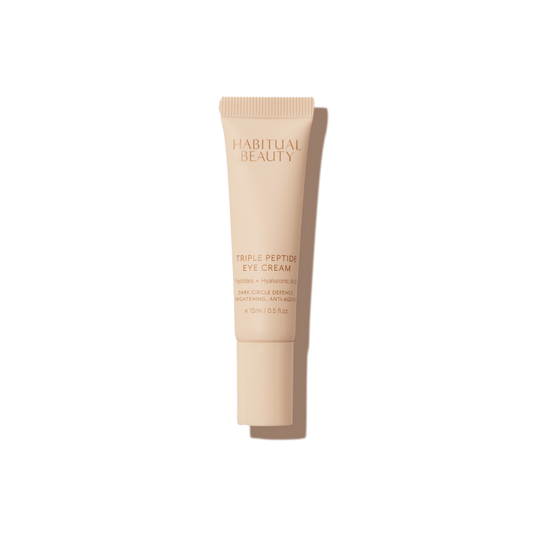Simple strategies to help you nourish yourself and care for your baby in those early weeks.
1. Set Up a Feeding and Recovery Station (or Two)
If you’re planning to breastfeed or contact nap, create a few cosy stations in your home that are fully equipped for the long stretches ahead. Many parents recommend:
• A sofa or bed setup with a caddy or tray stocked with essentials like one-handed snacks, a water bottle with a straw, a long phone charger, the TV remote, and burp cloths
• A 3-tier trolley (like those from Kmart), which can be wheeled between rooms
Top shelf: baby items (nappies, wipes, singlets, baby bath supplies)
Middle shelf: your postpartum supplies (maternity pads, breast pads, spare clothes)
Bottom shelf: snacks, spare water bottles, breast pump parts or bottles
This kind of setup helps reduce the number of times you need to get up when your body’s still healing. You’ll be spending a lot of time feeding, contact napping, or simply catching your breath, so make it easy and nourishing.
2. Keep Multiple Water Bottles on Hand
Parents often say they were never thirstier than during breastfeeding. One simple tip: keep three or more 1-litre drink bottles with straws filled and ready to go each day. That way, you always have hydration nearby—even when you can’t get up to refill.
3. Stock Up on One-Handed Meals and Snacks
Breastfeeding or not, newborn life is busy and unpredictable. Having easy, one-handed food options makes a big difference.
• Prepare freezer meals that can be heated in the microwave (not the oven) because let’s face it, many parents end up burning food when caught up in a feed or nap.
• Choose snacks that satisfy, like bliss balls, trail mix, or Mama Bites - foods that offer real nourishment and energy without needing cutlery or clean-up.
4. Talk Boundaries and Visitors Early
Before baby arrives, have a conversation with your partner or support people about expectations.
• When will visitors be welcome?
• Do you want visitors to wash hands, be vaccinated, or avoid kissing the baby?
• Who will bring coffee or food, and who can help with chores?
• Setting clear, kind boundaries in advance saves emotional energy later, and you can always change your mind once baby is here.
5. Learn About Safe Sleep and Bedsharing
Even if you don’t plan to bedshare, it’s helpful to understand how to co-sleep safely - especially during long, sleepless nights when you might find yourself nodding off with baby in bed.
See Red Nose’s safe co-sleeping guide for evidence-based advice.
6. Accept Help Where You Can
• If someone asks what you need, say coffee, groceries, or fresh fruit
• Consider a cleaner once a week, even for just 2 hours
• Grocery deliveries from Coles or Woolworths can be a game-changer. Yes, you’re home, but that doesn’t mean you have time to shop
• If budget allows, a postpartum doula can ease the load and offer invaluable care when family isn’t close by
7. Build Your Postpartum Village
Don’t wait until you’re exhausted to ask for help. Line up trusted family, friends, babysitters or nannies to support you - whether it’s holding baby while you shower or preparing a meal.
8. Save Trusted Resources Before Baby Arrives
Many parents found it helpful to make a list of go-to websites and phone numbers before birth. That way, at 2 am with a crying baby or a feeding concern, you’re not deep in Google.
Recommended resources:
• Pregnancy, Birth and Baby hotline
• Australian Breastfeeding Association – includes reliable parent resources and the National Breastfeeding Helpline: 1800 686 268
• Use the LCANZ directory to find a qualified IBCLC (International Board Certified Lactation Consultant) or feeding specialist if you have any feeding challenges, not just breastfeeding.
9. Map Out Activities for “Later”
When you’re ready to get out and about, you’ll be glad to have already researched local mums and bubs classes, library rhyme time, or parent groups. One parent suggested writing down a weekly schedule of activities and pinning it to the fridge—so you don’t need to remember what day or time things are running.
10. Read and Reflect: Recommended Books
These two titles came up repeatedly in parent recommendations:
• The Discontented Little Baby Book by Dr Pamela Douglas: gentle, evidence-based support for newborn care that aligns with baby’s cues
• The Complete Guide to Postpartum by Australian Birth Stories: expert advice and real-life reflections from Australian parents
11. Consider a Baby Carrier
Many parents said their baby carrier was their most-used item in the early weeks.
• In the first few weeks, a stretchy wrap can help keep baby close while offering gentle support and comfort
• As your baby grows, a more structured carrier with back support may become your go-to for walks, outings, or soothing contact naps
Learning the basics of safe babywearing can make a big difference to your confidence and comfort.
12. Let Go of Comparisons
No two babies are the same. Try to tune out comparison culture and tune in to your own instincts. Everyone has hard days. You’re not alone - and you’re doing better than you think.
Cart is Empty
Your Cart is Empty
- Choosing a selection results in a full page refresh.
- Opens in a new window.





